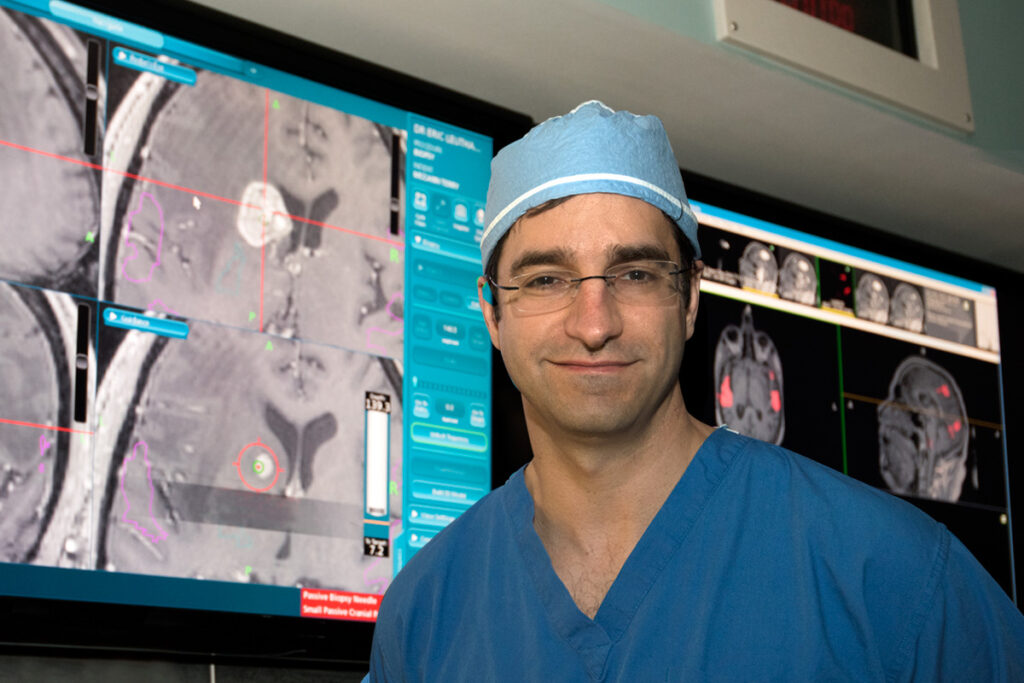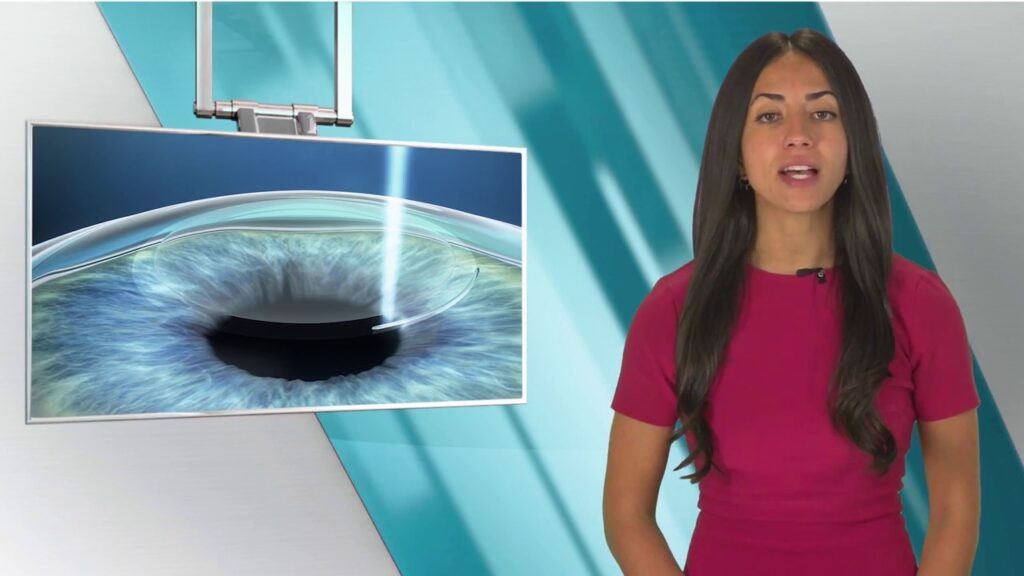After laser eye surgery, the majority of patients notice a rapid improvement in their vision and may return to their normal activities within 24 hours. Your cornea is a tissue that heals quickly, therefore the recovery time after your laser eye surgery is expected to be relatively short. As soon as the procedure is finished and the corneal flap is replaced, your eyes will start to heal.
During your visit to the OCL clinic, you will get three different types of eye drops to use at home: lubricating drops, steroid drops, and antibacterial drops. Additionally, the first night after your laser eye surgery, you will be given clear eye shields to wear at night. We will provide you written information for your records, along with thorough instructions on how to use them. It’s crucial that you adhere to all instructions given to you in order to help your eyes recuperate as quickly as possible.
You should be able to notice your laser eye surgery results right after following surgery. After eye surgery, you could have some blurriness or changes in your vision for a short while, but eventually, your vision will dramatically improve and stable, giving you perfect vision at all times.
Related: Disadvantages of allowing kids to undergo cataract surgery
Answers to frequently asked questions about laser eye surgery recovery

Do I have to take time off of work after your laser eye surgery?
The day of your surgery is a day off from work that you will need to take, and we often advise that you take some time off following your treatment, though the length of time may vary from person to person. As a general guideline, we advise taking at least 24-48 hours off work; however, some patients require up to a week off to adjust to their new vision. Your OCL surgeon will analyze your recovery rate to give you a more accurate and individualized time frame. You can find more details right here.
After laser eye surgery, can I watch television?
It’s suggested to avoid watching television for the first 24 hours following laser eye surgery since it puts strain on the eyes. Here are some tips for watching television after your laser eye surgery if you’re unable to abstain.
What can I expect after having laser eye surgery?
According to studies evaluating the results of laser eye surgery performed all over the world, 95% of patients acquire standard vision that is approximately 20/40, with an average of 85% of patients achieving 20/20 or better after surgery.
Everyone believes that 20/20 vision is the industry standard for visual acuity when it comes to having healthy eyesight. You can see what people who are “normally sighted” can see at a distance of 20 feet if you have 20/20 vision. In contrast, if your vision is described as 20/100, it means you can see what a person with “normal sightedness” should be able to see at a distance of 100 feet from a chart at a distance of 20 feet, which is poor vision. The value is computed using the Snellen Chart (the usual black and white eye chart found on the wall of opticians which lists lines of letters decreasing in size). ‘Normal’ eyesight is based on the global population’s average result on the Snellen chart.
There will be better results with more specialized clinics. The peer-reviewed publications produced by OCL are some of the best in the world. In a series of 887 myopic eyes, 96.9% of his patients were able to see 20/20 or better when each eye was assessed separately, and 100% were able to do so when both eyes were examined at once. Additionally, throughout the six-month follow-up period, there were no significant operational or postoperative issues.
Despite the use of cutting-edge technology and the most experienced surgeons, it is crucial to understand that surgery remains surgery and not everyone will have a perfect result. An augmentation or fine-tuning procedure may be needed in 1-2 percent of circumstances in order to get the desired result. Because they are working on human tissue, and everyone heals slightly differently, some patients need retreatment. Since micro-changes may occur at this period, we often wait three months following surgery before doing an augmentation procedure.

How to engage in activities after your laser eye surgery
The majority of laser eye surgery patients often regain their ability to drive and go back to work within a few days. After laser eye surgery, the following activities and their corresponding recovery timeframes are listed:
- Driving: 1-2 days, depending on the kind of laser eye surgery and your recovery time. Make sure your surgeon has given you the all-clear before getting behind the wheel again.
- Two days without taking a shower. Take a bath instead of a shower before this to avoid getting your eyes wet.
- A week or more if you use eye makeup.
- Swimming: two to three weeks, but when you do go back in the water, use goggles.
- Three days of physical exercise High-impact sports like boxing should be avoided for at least a month following laser eye surgery, as should tennis and football for a further week or two.
How to care for your eyes after your laser eye surgery
If you take the following simple measures, your recovery time after your laser eye surgery will be shortened:
- Wear the eye shields your surgeon prescribed for the first three nights following surgery.
- Avoid getting water, soap, or other substances in your eyes during the first week.
- It is crucial to stay away from dusty environments,
- Avoid rubbing your eyes, and
- Refrain from wearing makeup for two weeks after LASIK surgery.
Although the majority of patients do not experience discomfort after your laser eye surgery, you can have some soreness or scratchiness in the days after your procedure. Wear dark glasses to protect your eyes from glaring sunshine for at least a year after surgery.
Recovery from laser eye surgery symptoms
While you should be able to do daily tasks without trouble a few hours after surgery, it could take some time for your eyes to fully recover. Some patients may also have occasional episodes of poor vision for up to a few months after your laser eye surgery. The majority of the time, these symptoms will be minor; even while they might come from a longer laser eye surgery healing period, they are unlikely to significantly affect your everyday activities.